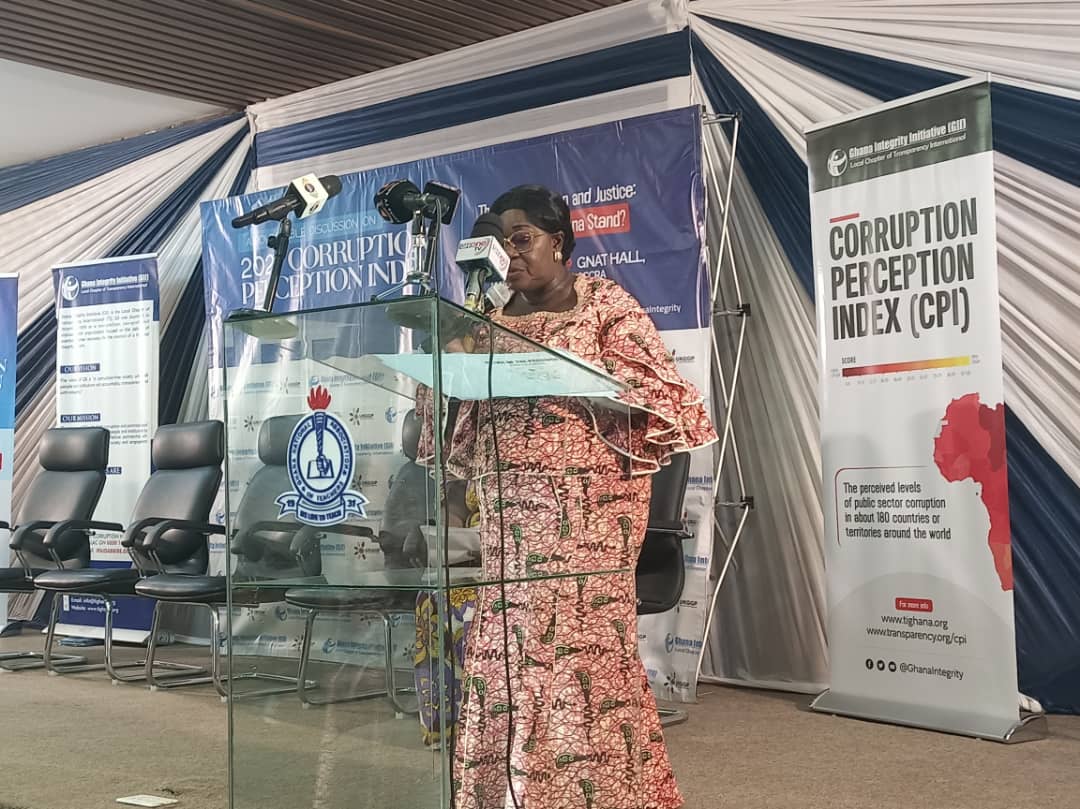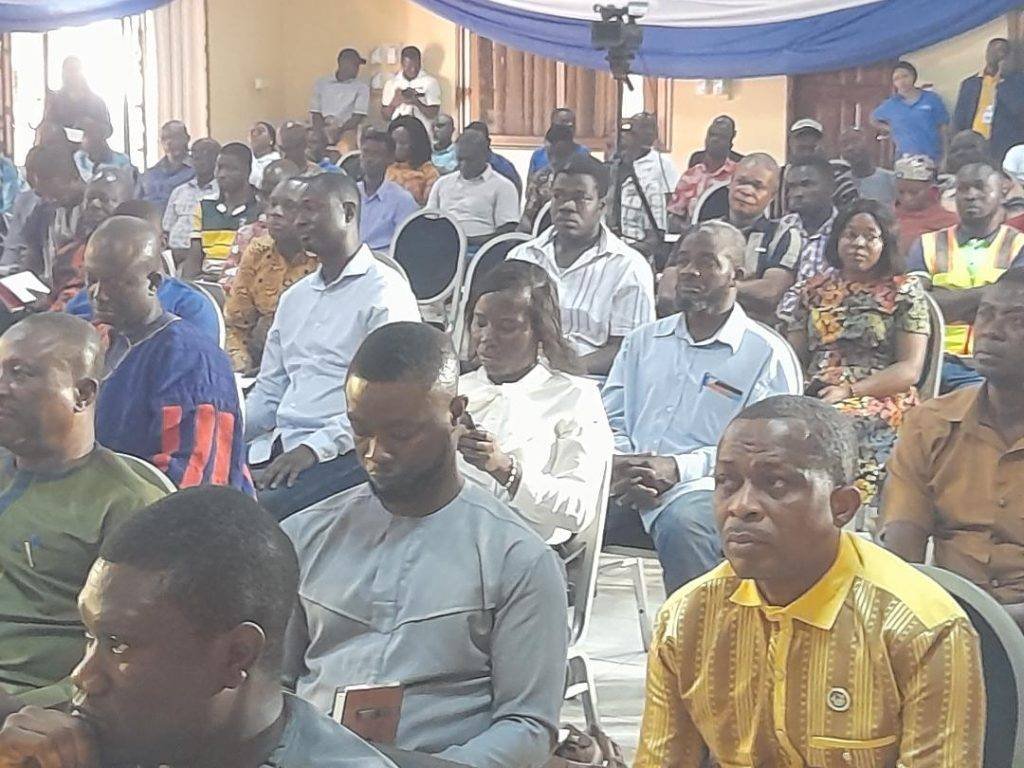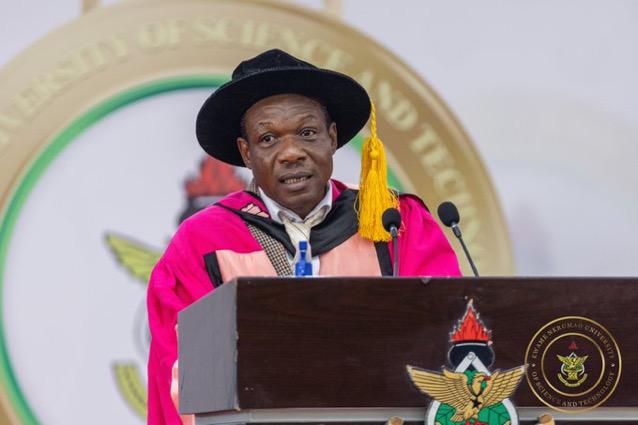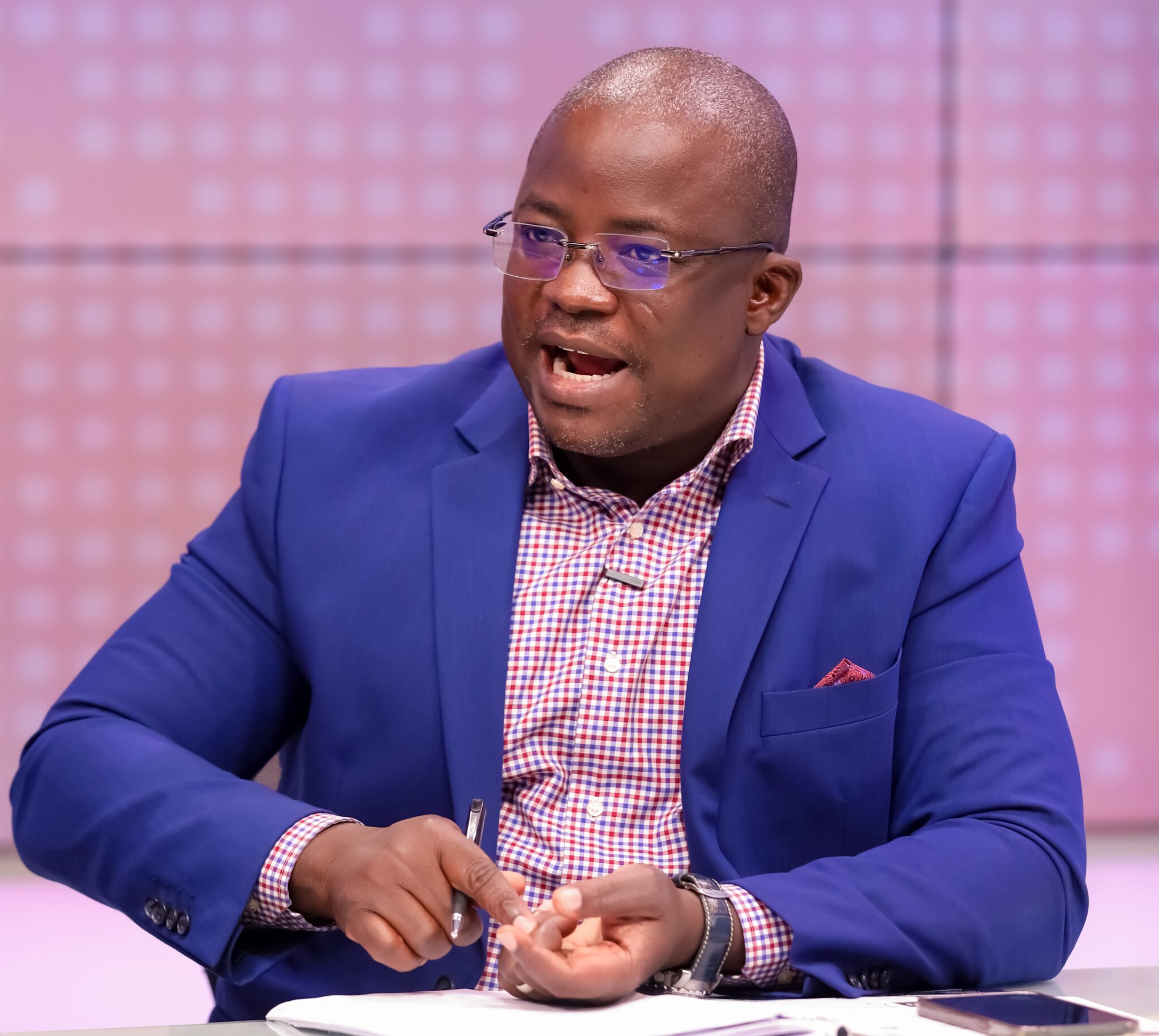
The fight against illegal mining, popularly known as galamsey will remain futile unless state institutions on the frontlines are adequately resourced and work in unison.
Each agency has legitimate concerns, but they are struggling to act due to lack of support and coordination, National Director of A Rocha Ghana said.
Speaking at a multi-stakeholder meeting held at Asiakwa last Monday that brought together key actors from the Ghana Immigration Service, Police Service, Environmental Protection Agency (EPA), Water Resources Commission, and the Forestry Commission, Dr Bosu painted a grim picture of institutional disconnect and logistical constraints hampering efforts to address the illegal mining menace.
The engagement formed part of a broader initiative aimed at bridging the gap between national policy and community-level realities to promote a more coordinated and well-resourced response to galamsey.
“This meeting is to bring all stakeholders to the table to reflect on the growing threat of galamsey, which is spiraling out of control,” Dr Bosu said.
He highlighted critical challenges such as institutional disconnect and severe logistical constraints.
The Forestry Commission for instance, frequently raises alarms about illegal mining in forest reserves but often lacks the police support to enforce regulations.
Similarly, the Water Resources Commission receives reports on water pollution but lacks the authority and tools to take action.
“Even the police say they are outnumbered and poorly equipped. How do we expect real enforcement under such circumstances?” he questioned.
Dr Bosu also expressed concern over the Minerals Commission, which reportedly granted mining concessions without informing local communities or engaging stakeholders, further eroding trust at the grassroots level.
He criticised Legislative Instrument (LI) 2462, which permitted mining in forest reserves and it sent the wrong signal and undermine conservation efforts.
He called for its repeal and a review of Ghana’s mining laws to align them with environmental protection goals.
“If the forestry officers are complaining, the police lack logistics, the EPA is sidelined, and the Minerals Commission is not communicating, how can we win this fight?” he asked and added that “we need to support each institution and work together.”
Dr Bosu emphasised the need to involve the media in setting the national agenda and amplifying anti-galamsey campaigns.
Echoing these concerns, Dr Clement Sarfo-Nyarko, a lecturer in Security, Development, and Leadership in Africa at King’s College London, noted that efforts to curb illegal mining had failed due to the lack of synergy among actors.
According to him, state agencies often operated in silos without a shared vision, allowing illegal miners to exploit institutional weaknesses.
FROM AMA TEKYIWAA AMPADU AGYEMAN, ASIAKWA
The post ‘State institutions must be resourced, work in union to clamp down on illegal mining’ appeared first on Ghanaian Times.
Read Full Story


























Facebook
Twitter
Pinterest
Instagram
Google+
YouTube
LinkedIn
RSS